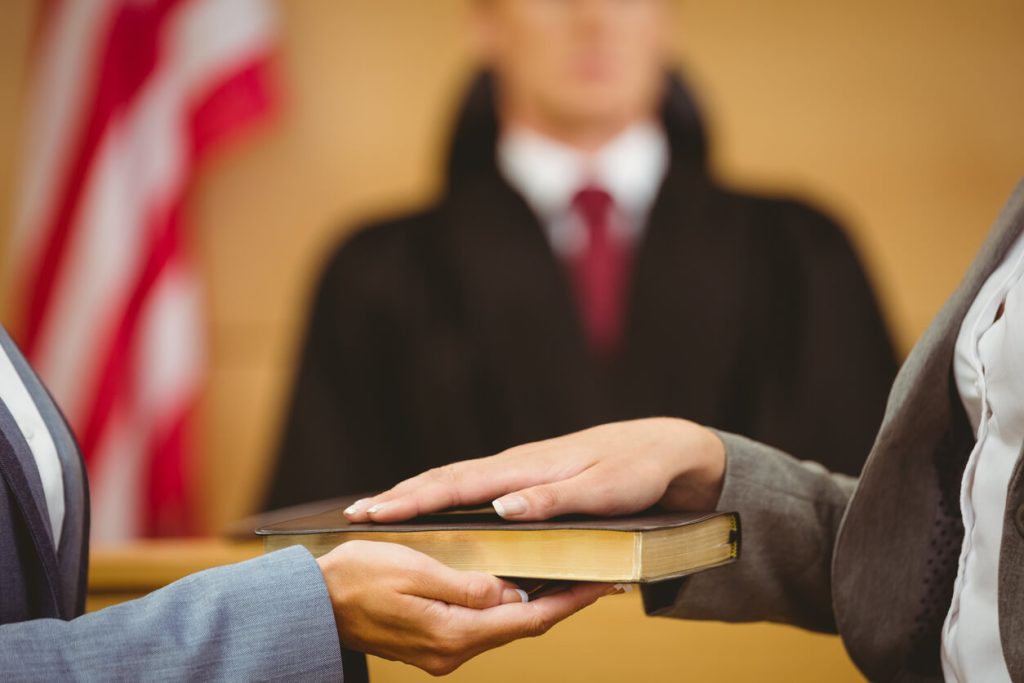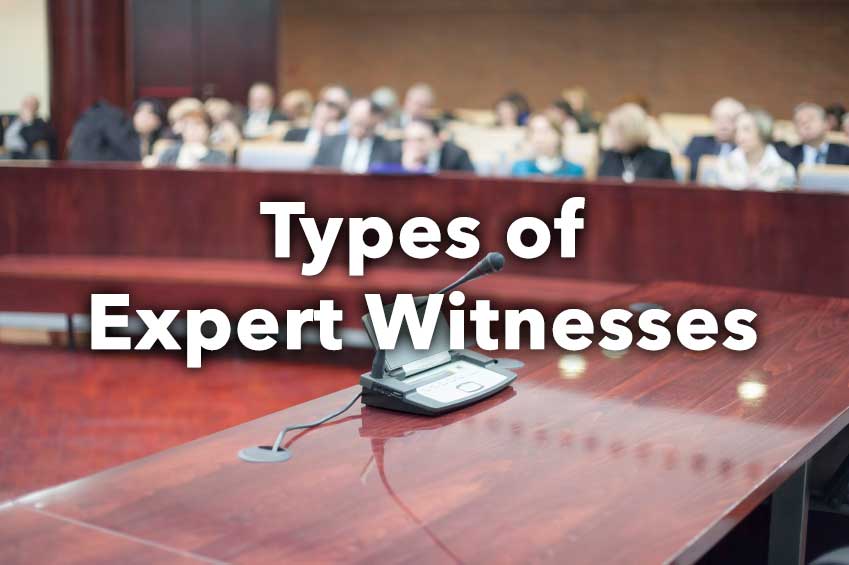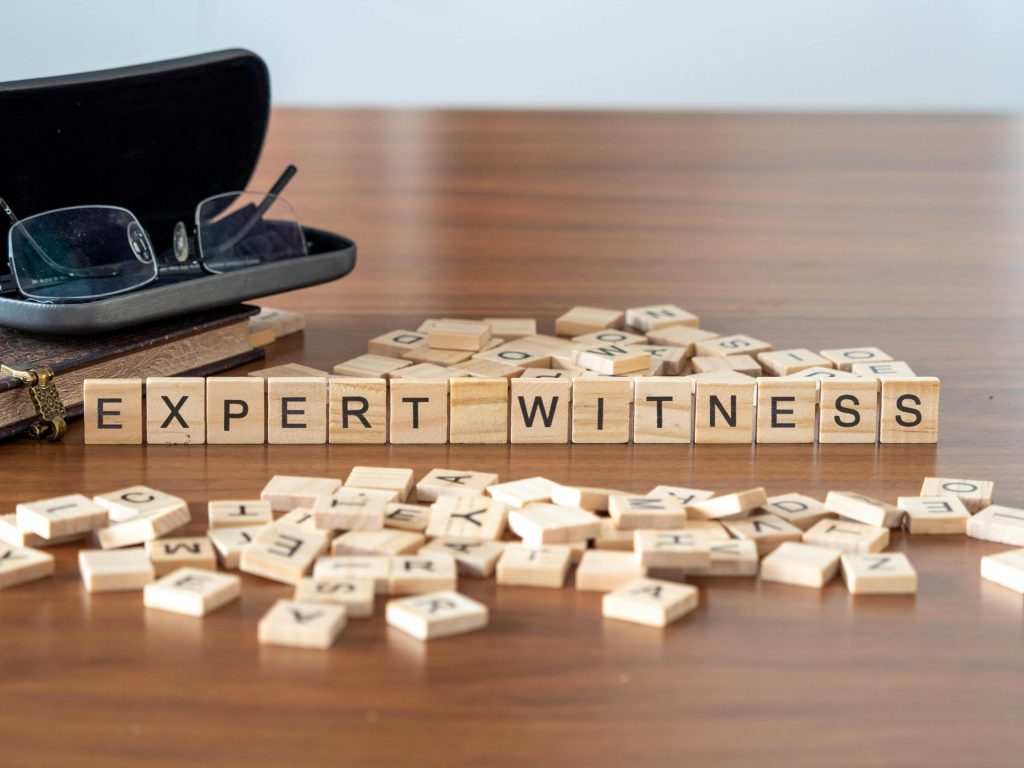
In today’s complex legal environment, the success of a case often hinges on more than the skill of attorneys. Modern litigation increasingly requires the testimony and support of expert witnesses, professionals with specialized knowledge who can interpret complex issues and present them in a way that judges and juries can understand. These experts bring clarity, credibility, and technical authority, turning intricate matters into compelling evidence that strengthens a legal argument.
This article explores the importance of expert witnesses, the types of cases where they are essential, and how they serve as a bridge between technical knowledge and the courtroom.
Why Expert Witnesses Matter
At their core, expert witnesses provide objectivity and authority. Lawyers advocate for their clients, but an expert’s role is to provide impartial, fact-based insights that courts can trust. By analyzing data, offering professional opinions, and explaining findings in plain language, experts give weight to arguments that might otherwise seem speculative.
For example, in a wage-and-hour dispute, an expert might analyze payroll records to reveal systemic errors in overtime calculations. In a discrimination claim, an economist might present statistical analyses to uncover patterns of unfair treatment. These insights allow attorneys to support their arguments with hard evidence, rather than just assertions.
Types of Expert Witnesses
Legal teams engage a wide range of specialists depending on the case:
- Medical Experts: Provide testimony on injuries, malpractice, or health impacts.
- Forensic Accountants: Analyze financial records to uncover fraud or mismanagement.
- Economists and Data Analysts: Present findings in cases involving employment, compensation, or business losses.
- Engineers and Technical Experts: Explain accidents, product failures, or construction disputes.
- Vocational Experts: Offer opinions on employability and earning potential in labor disputes.
By leveraging the right type of expert witness, attorneys can demonstrate not only that harm occurred but also quantify its extent in a credible way.

Building Credibility in the Courtroom
Expert testimony can dramatically influence the perception of a case. Jurors may not be familiar with complex statistical models or financial analyses, but when an expert explains the findings in clear, relatable terms, those insights can shift opinions.
The credibility of an expert also reflects on the strength of the attorney’s case. Judges and jurors are more likely to trust testimony that comes from a qualified, neutral professional. In fact, studies show that cases supported by expert witnesses are far more likely to succeed at trial or reach favorable settlements.
Credibility, however, is not built on credentials alone. It also depends on how the expert communicates. A highly qualified professional who cannot translate technical jargon into understandable testimony may lose the jury’s attention. Conversely, an expert who can weave data into a compelling narrative greatly enhances the persuasiveness of the argument.
Attorneys often prepare their experts with mock examinations and rehearse cross-examinations to ensure their testimony holds up under pressure. This preparation ensures the expert not only presents the facts but does so with confidence, consistency, and authority.
Law firms such as LA Lawyers frequently emphasize this process, recognizing that an expert’s ability to connect with a jury can be just as important as the data itself. By combining strong legal advocacy with clear, credible expert testimony, they create a more compelling case for their clients.
Expert Witnesses in Labor and Employment Cases
Labor and employment disputes are among the most frequent and complex legal challenges faced by businesses today. From wage-and-hour class actions to claims of workplace discrimination, these cases often involve large volumes of employee data, payroll records, and HR documentation.
This is where expert witnesses become invaluable. By applying statistical models and economic principles, they uncover patterns that reveal whether employees were treated fairly, paid appropriately, or subject to systemic bias. Their testimony can quantify damages, test compliance with labor regulations, and clarify whether company policies align with legal standards.
In this context, legal teams often benefit from partnering with specialized professionals who provide labor and employment consulting services. These experts go beyond analysis — they design strategies to prevent future disputes, audit practices for compliance, and support attorneys throughout litigation. By integrating deep data expertise with knowledge of labor law, they offer insights that can mean the difference between a favorable resolution and costly liability.
The Process of Working with an Expert Witness
Engaging an expert is not a one-time event but a collaborative process. Typically, the steps include:
- Early Consultation: Attorneys bring in experts during the case preparation stage to assess available data and identify key issues.
- Data Review and Analysis: Experts collect and examine relevant records, often restructuring disorganized data into usable evidence.
- Reporting Findings: Detailed reports summarize the expert’s analysis, supported by clear visuals, charts, and tables.
- Depositions and Testimony: Experts explain their findings under oath, ensuring judges and jurors understand the technical aspects.
- Cross-Examination Support: Strong experts maintain credibility under questioning, further solidifying the case’s foundation.

The Strategic Advantage of Trial Lawyers and Experts
By engaging experts early and using their insights to shape legal strategy, attorneys ensure they are not merely reacting but building proactive, evidence-backed cases.
While expert witnesses provide the technical foundation of a case, their impact is greatest when paired with experienced trial lawyers who know how to integrate this testimony into a compelling courtroom strategy. A well-prepared legal team can highlight the most persuasive aspects of an expert’s analysis, simplify complex issues for juries, and counter opposing testimony with confidence.
This collaboration between attorneys and experts often determines the outcome of high-stakes litigation. Firms such as Los Angeles trial lawyers emphasize the importance of building cases around strong expert testimony, ensuring that every fact presented supports the overall narrative. The synergy of legal advocacy and expert insight creates a decisive advantage in negotiations, mediations, and trials.
Challenges in Using Expert Witnesses
While expert witnesses provide immense value, attorneys must carefully navigate challenges such as:
- Qualifications: Not all experts are equal; credibility is tied to education, experience, and prior testimony.
- Costs: Expert analysis can be expensive, though often far less costly than losing a case.
- Cross-Examination: Opposing counsel will attempt to undermine the expert’s credibility, making preparation critical.
- Complexity: Even experts must avoid overloading jurors with technical jargon; clarity is essential.
Recognizing and addressing these challenges helps legal teams maximize the benefits of expert testimony.
The Bigger Picture
Expert witnesses have become an indispensable part of modern litigation. They ensure that cases involving complex data, technical standards, or specialized knowledge are decided based on facts rather than assumptions. Whether it’s a class action lawsuit, a high-stakes business dispute, or a personal injury claim, their role is to shed light on areas outside the court’s expertise.
Conclusion
The role of expert witnesses in strengthening legal cases cannot be overstated. They bring clarity, authority, and credibility to issues that might otherwise overwhelm judges and jurors. By translating data into insights and providing impartial testimony, they reinforce the foundation of a case and improve the chances of success.
For legal teams navigating labor and employment disputes, economic claims, or technical litigation, expert support is not just helpful — it’s essential. The strategic use of expert witnesses transforms complex evidence into persuasive narratives, making them one of the most powerful tools in the pursuit of justice.